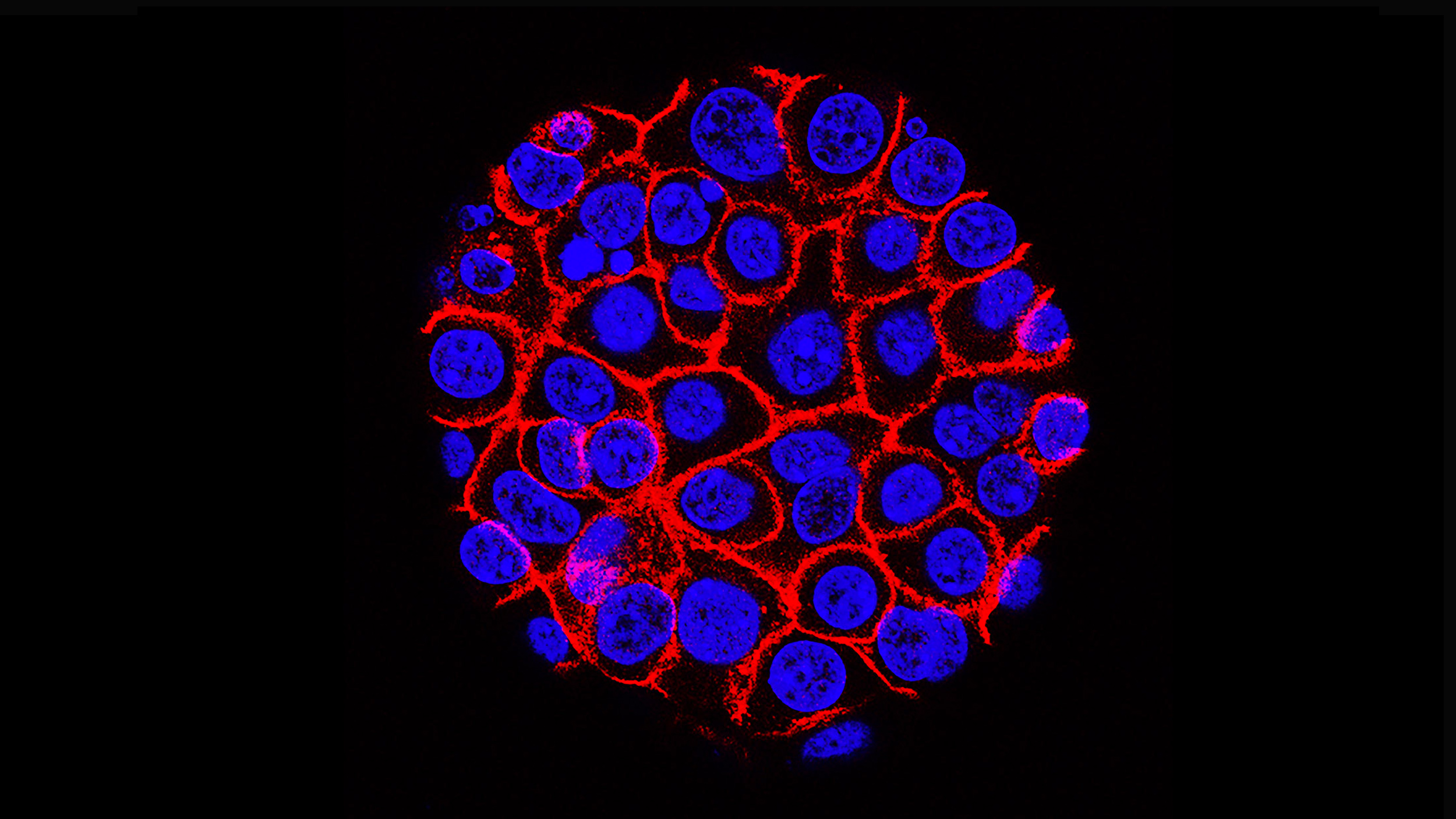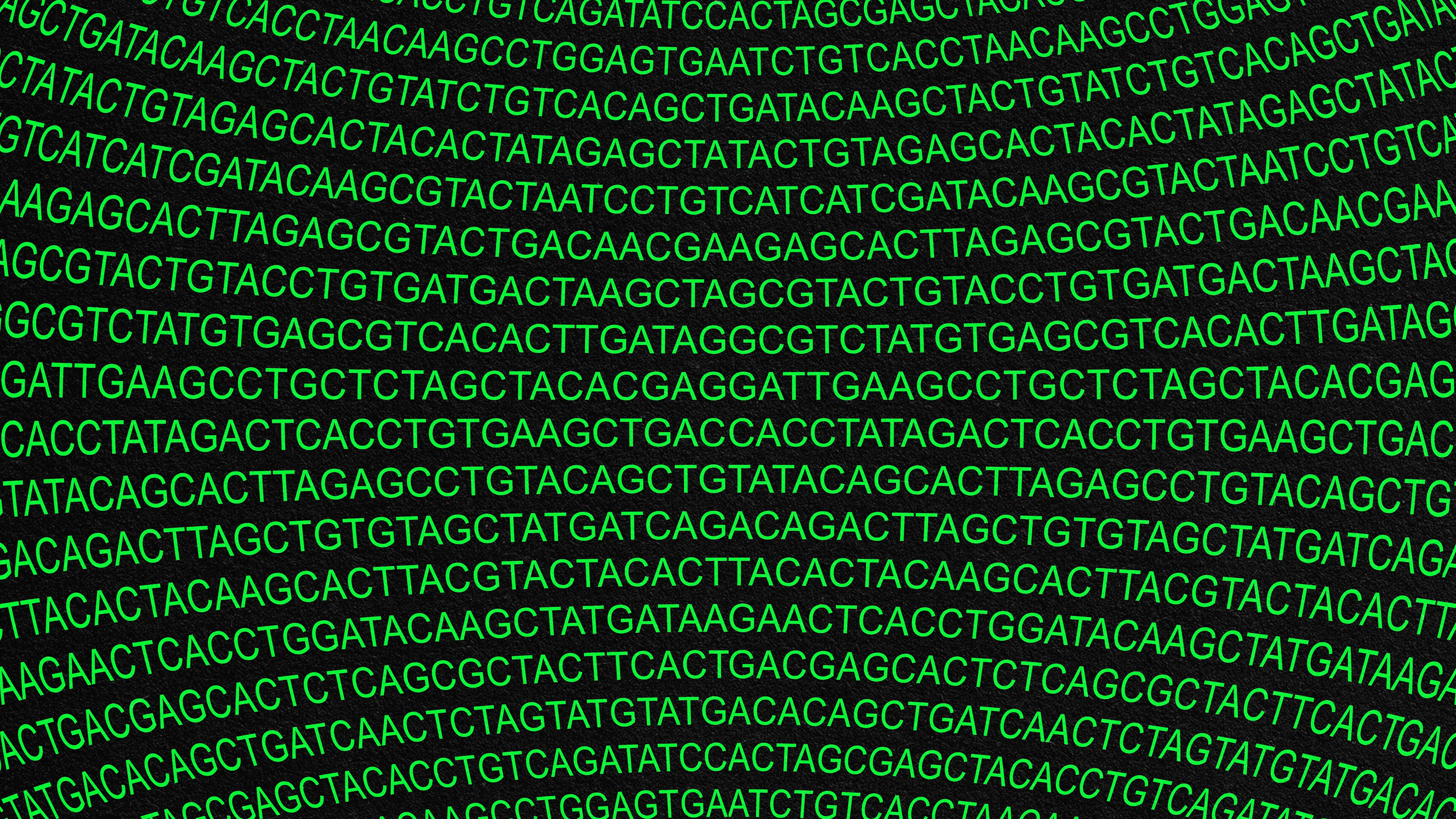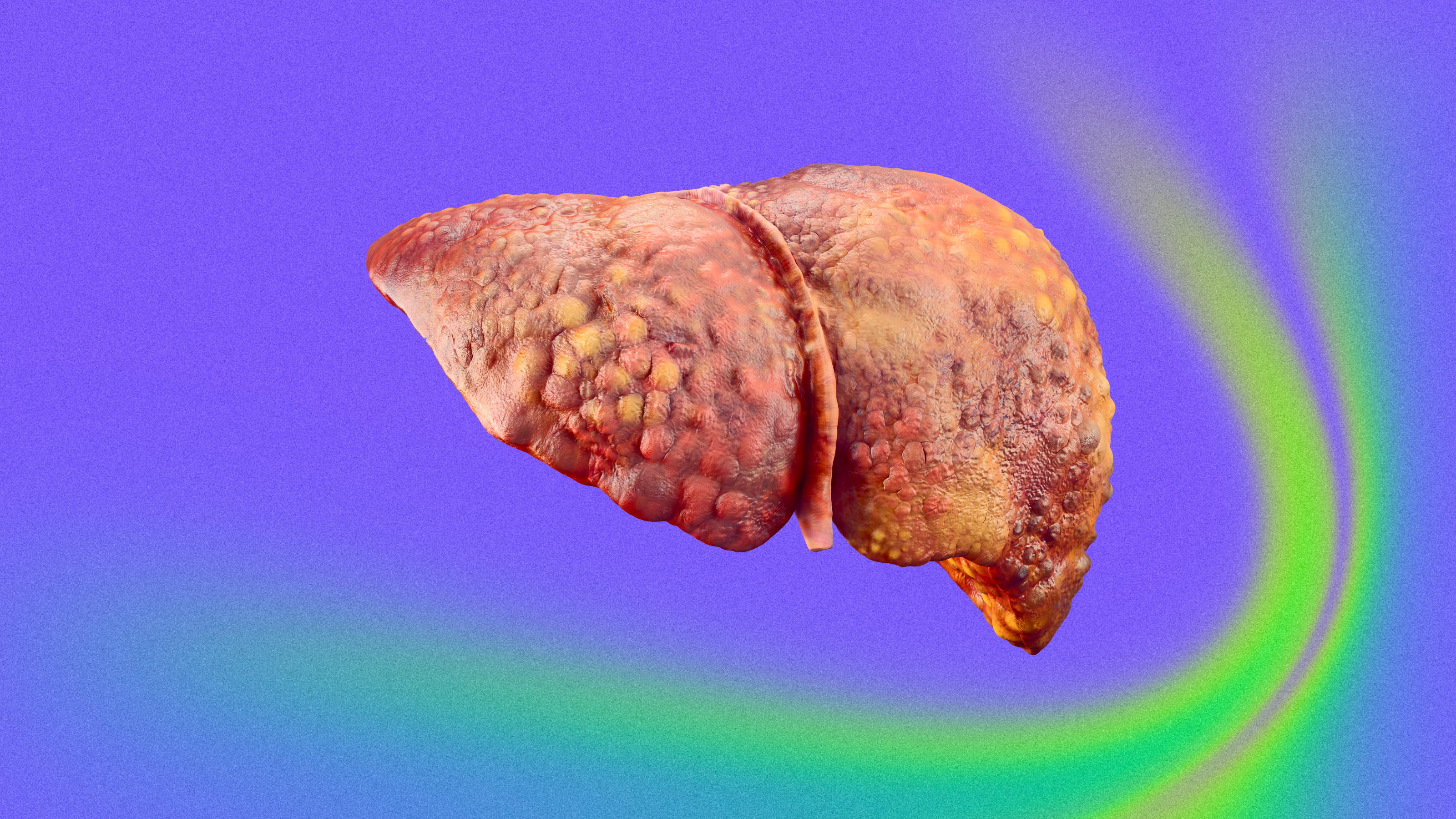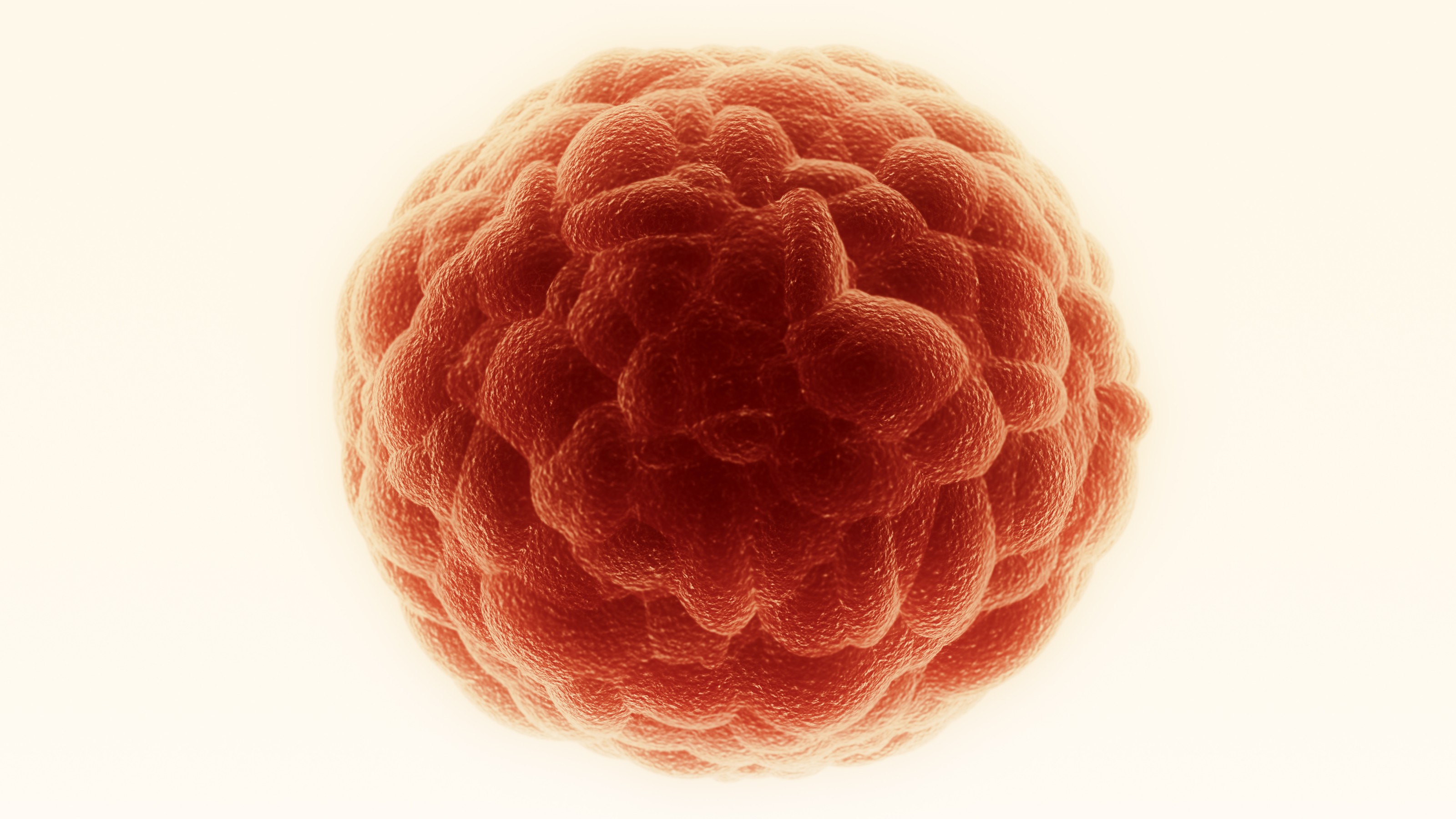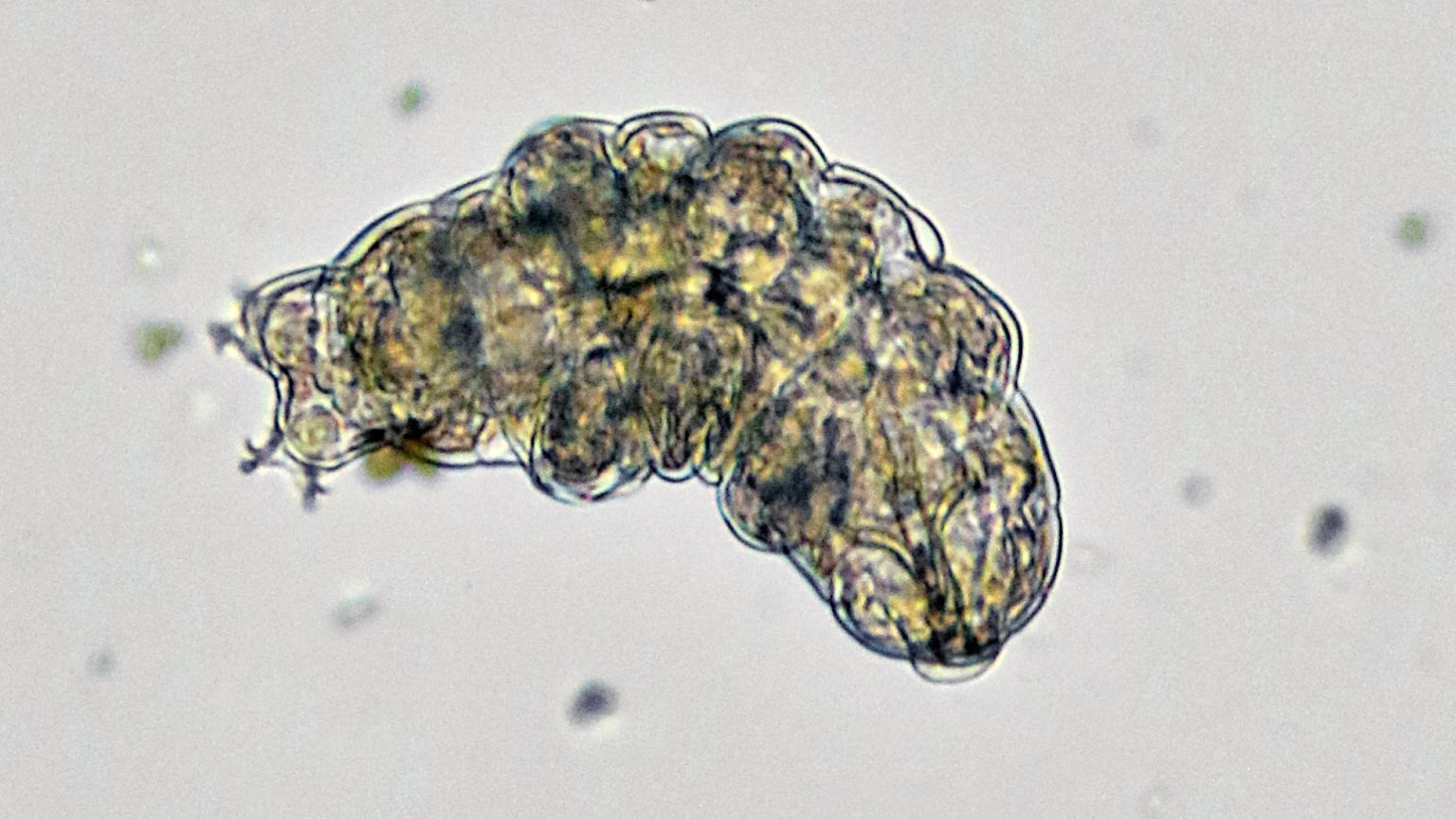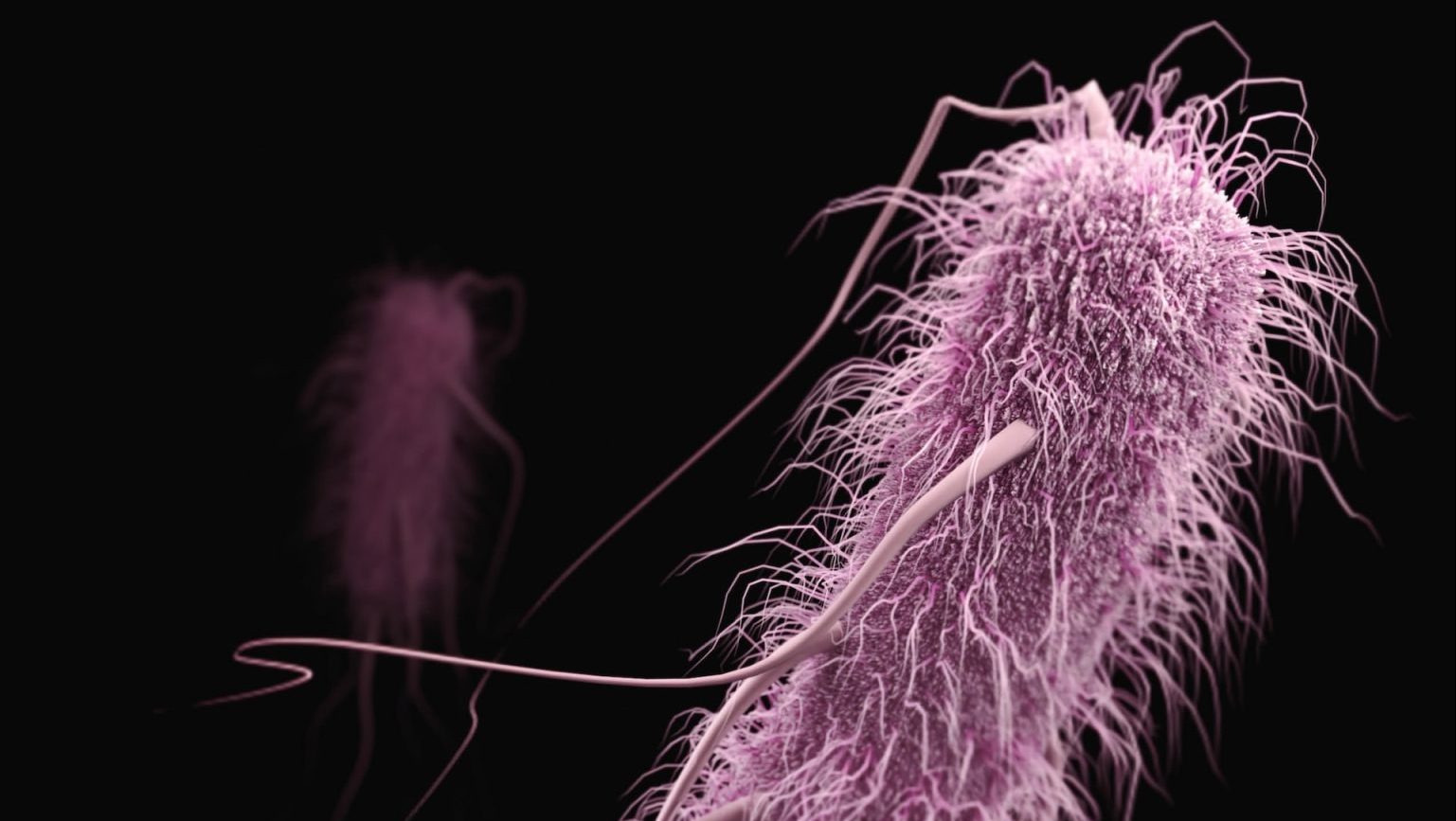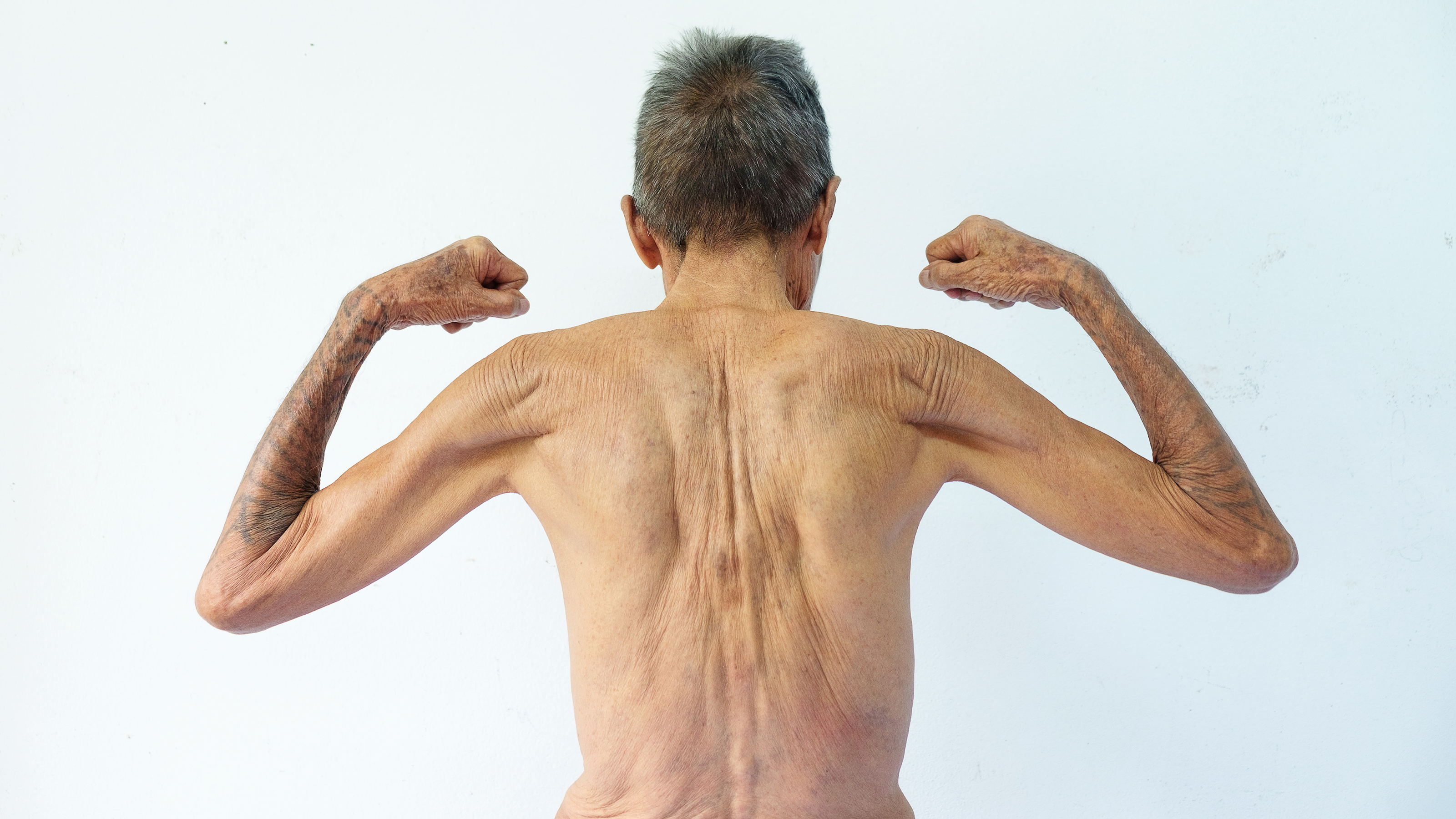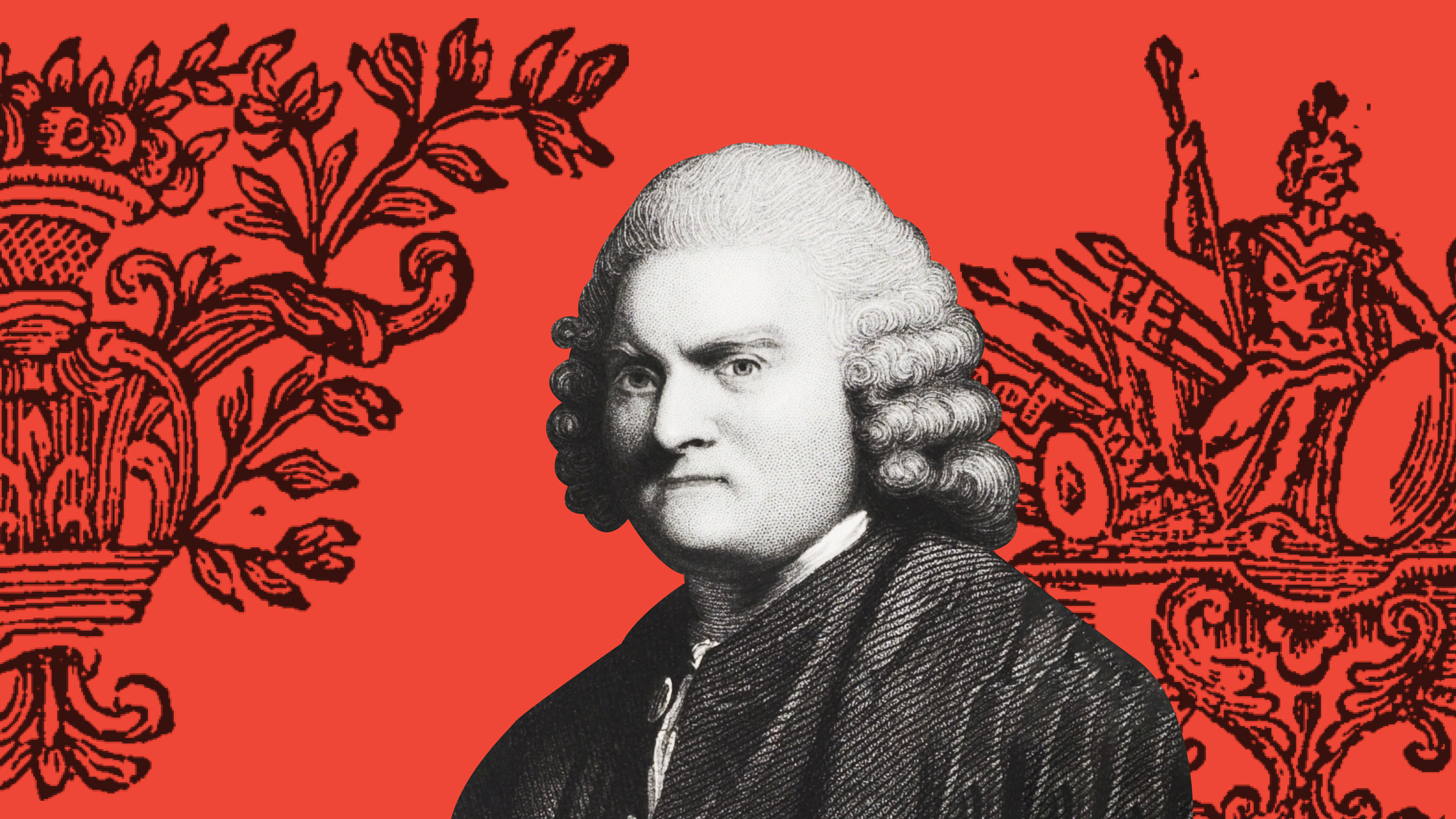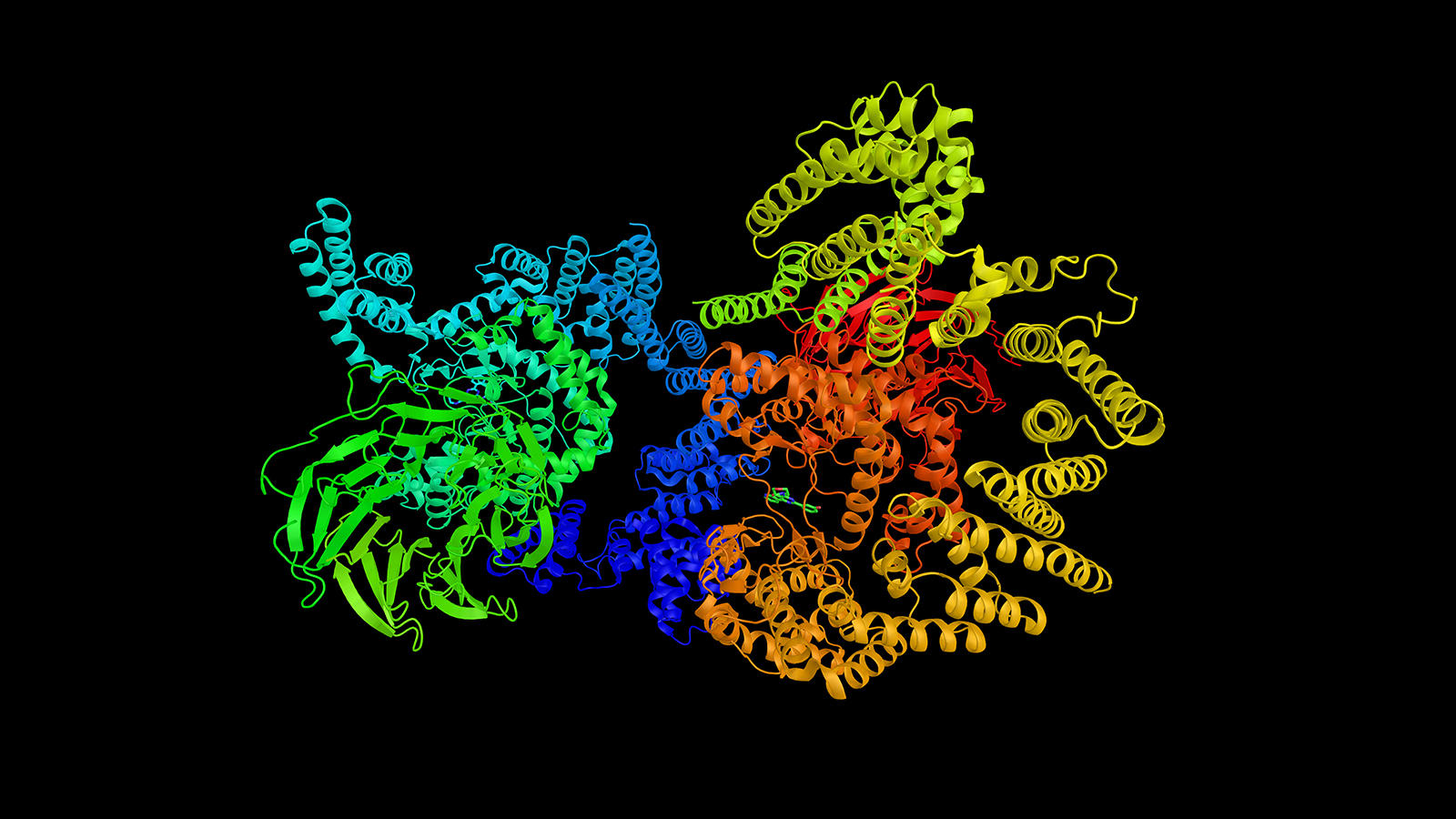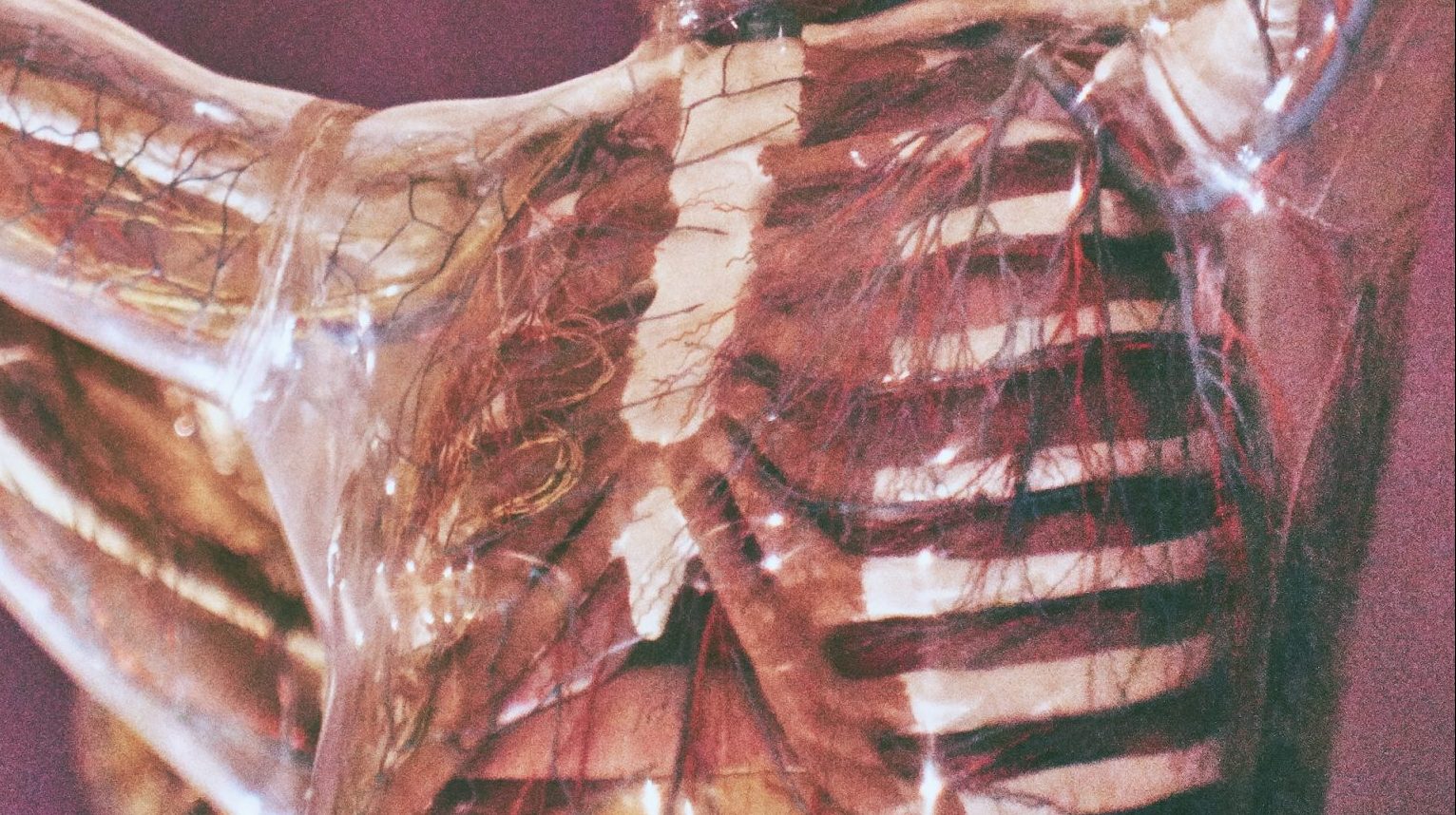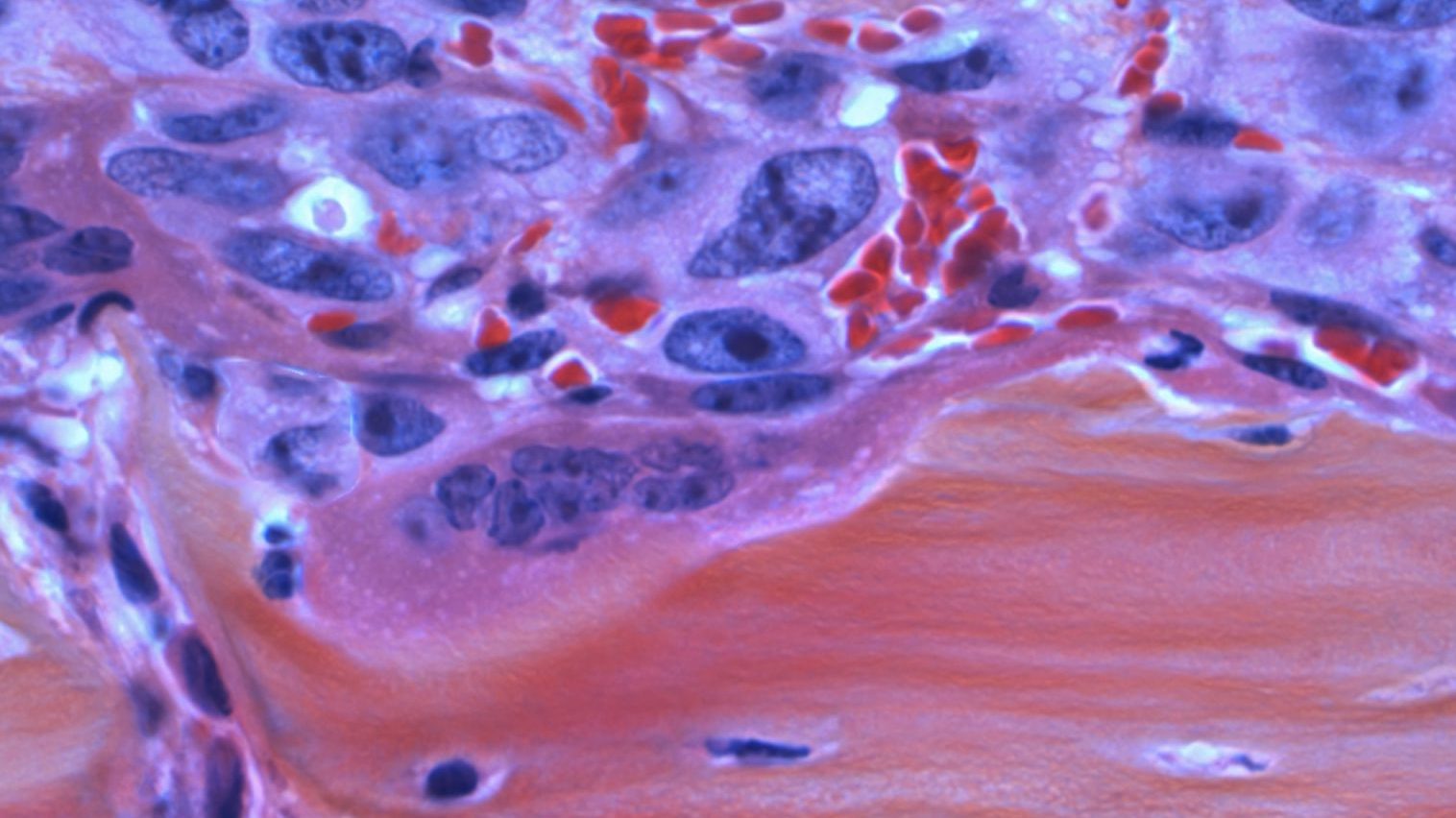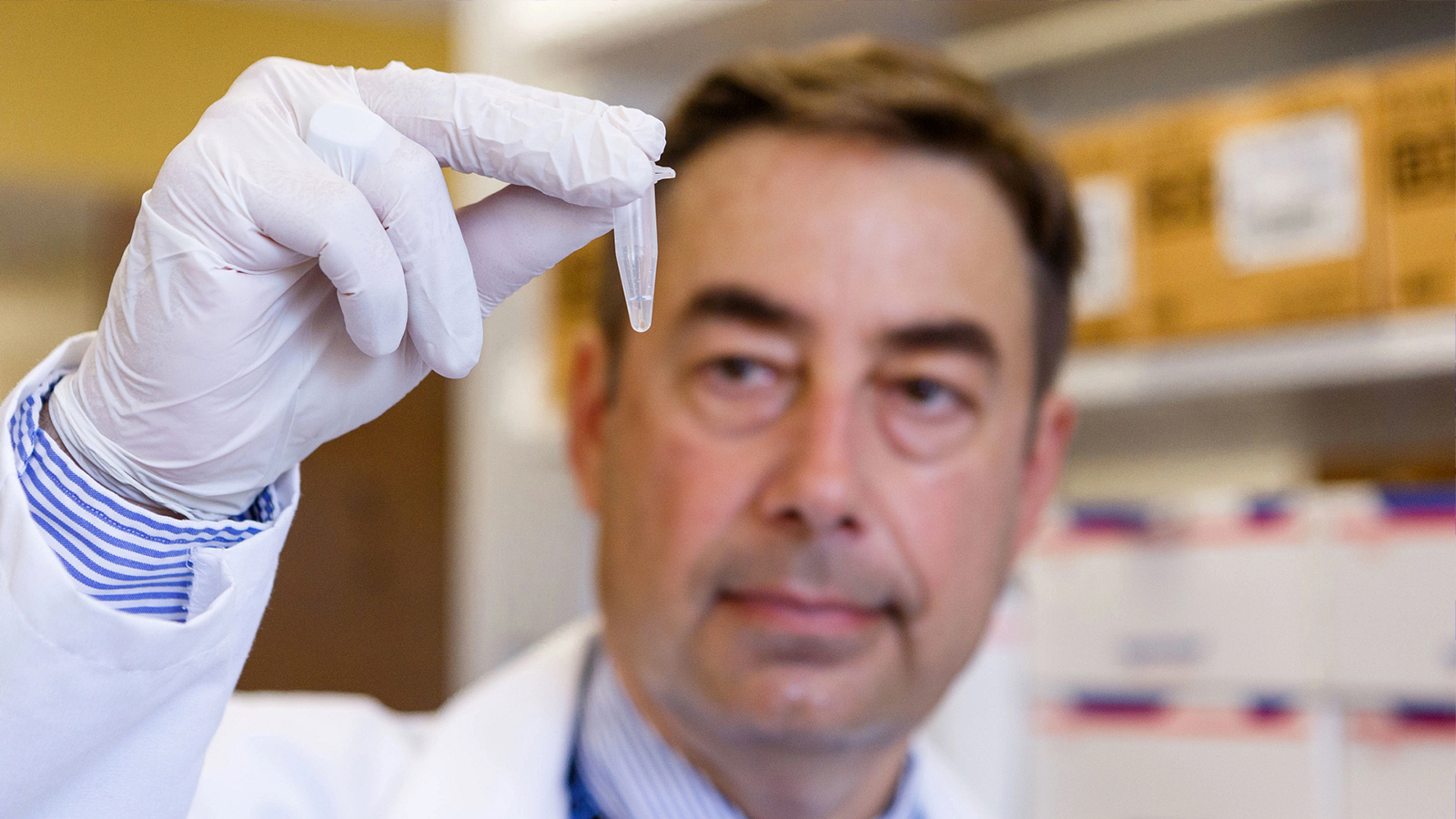medicine
Someday, scientists could use stem cells to guide the development of synthetic organs for patients awaiting transplants.
It could lead to earlier diagnoses, better treatment, and fewer deaths from pancreatic cancer, which kills 88% of patients within five years.
As cells divide, they must copy all of their chromosomes once and only once, or chaos would ensue. How do they do it? Key controls happen well before replication even starts.
Learn to spot the scientists who are searching for the truth rather than money, ego, or fame.
Perhaps there was something theatrically satisfying about a learned man waving around a flask of pee, looking at it from all angles, sniffing it, and making bold proclamations.
Retatrutide, Eli Lilly’s innovative “triple g” drug, is setting new standards in the fight against obesity.
It is generally ineffective, occasionally poisonous, and driving numerous species to the brink of extinction.
In the ongoing battle against PTSD, a potential new weapon emerges: a nasal spray loaded with neuropeptide Y.
“The only options left were experimental approaches in clinical trials.”
To advance the gender-affirming healthcare of all those who transition, we must also understand the nature and causes of those who detransition.
And it seems to work alongside popular weight-loss medications, like Ozempic.
A new online religion is spreading misinformation and phony products.
Cancer likes glucose. So take it away.
If you think you know what sex, gender, and “the right thing to do” for trans youth and adults are, be sure it agrees with actual science.
Tardigrades can completely dehydrate and later rehydrate themselves, a survival trick that scientists are harnessing to preserve medicines in hot temperatures.
Is blood the key to anti-aging, or just another lucrative biotech opportunity?
Brain-computer interfaces could enable people with locked-in syndrome and other conditions to “speak.”
Some scientists think we should allow our bodies to more harmlessly live with pathogens until they’re cleared from our systems.
It’s safe to use your face cream, as long as you aren’t eating it.
Desperate times call for desperate measures.
Let us share this miracle with mothers in poor countries.
A panel of healthcare professionals much preferred responses that came from the chatbot in a recent study.
As a physician, John Pringle helped reinvent hygiene; as a husband, he destroyed a woman’s life with his abuse.
Rapamycin is potentially the most powerful anti-aging drug ever discovered. However, due to its unlucky history, few know of it.
Amyloid plaque can build up in body organs other than the brain. The resulting diseases — AL amyloidosis, ATTR amyloidosis and more — cause much suffering.
Scientists are finding tumor signals in spit that could be key to developing diagnostic tests for various types of cancer.
The study was small and didn’t include a placebo group, but there is reason to believe that the drugs really do work.
A blood test to diagnose mental illness is a “holy grail” of psychiatry.

